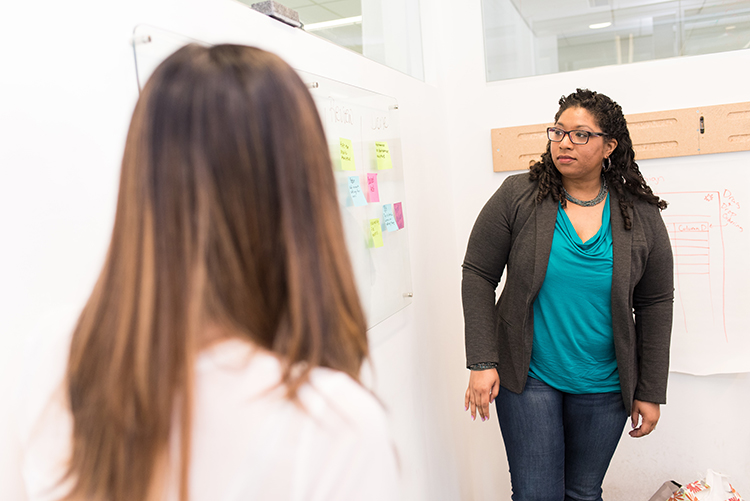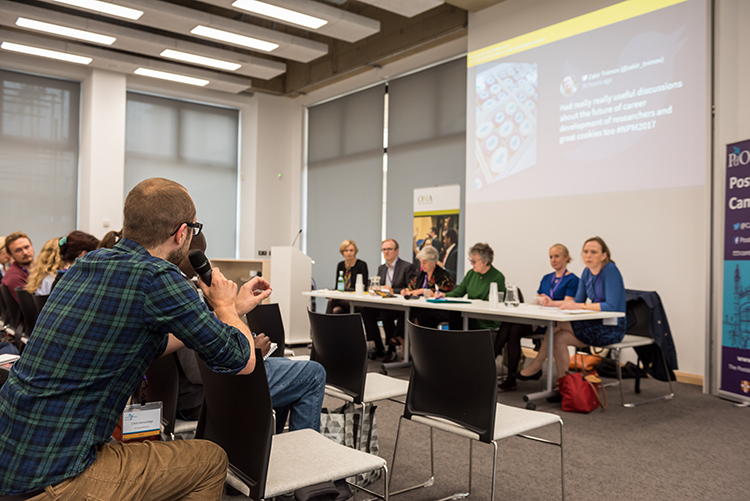The University is a signatory to the Researcher Development Concordat (2019), which stipulates that institutions and managers of researchers must:
- provide opportunities, structured support, and encouragement for professional development
- allocate a minimum of 10 days pro rata, per year for researchers to undertake professional development.
The 10 days should balance formal, social, and experiential learning, and should cover a range of topics which are new to, or expand upon, experiences of the individual researcher.
To help guide your planning, we have provided an explanation and some examples below of these different types of learning.
Instructor-led and self-directed opportunities to learn new knowledge and skills.
With the aim of building capacity for your current job and future employability prospects.
Programmes delivered within the University, such as:
- Postdoc Academy RD programme
- Postdoc Careers Service
- Postdocs to Innovators (p2i) Online
- Cambridge University Libraries
- Public Engagement Training
- Personal and Professional Development
- Cambridge Centre for Teaching and Learning
- Bioinformatics Training Facility
- Judge Business School Entrepreneurship Centre
Training and courses delivered by other providers, such as:
- niche research skills training and accredited programmes
- attendance at briefings or workshops from specialists in relevant fields
- training from editors/peer reviewers of relevant journals/funders.
Opportunities to interact with, observe, and learn from a range of people including peers, senior figures, and colleagues in other fields or sectors.
With the aim of accessing fresh insights and broadening horizons.
Examples include:
- mentoring
- one-to-one coaching
- 360 feedback processes
- journal clubs
- visits to external collaborators/employers.
‘On the job’ opportunities to experience tasks and activities which are new to you, and ideally slightly outside your comfort zone.
With the aim of providing growth and career development.
Examples include:
- teaching, lecturing and demonstrating
- speaking at conferences and chairing panel discussions
- organising seminars and conferences
- undertaking public engagement
- participating in outreach and widening participation activities
- contributing to peer-review at journals and funding bodies
- leading on work packages within a larger project
- supporting and mentoring other colleagues
- taking on leadership roles, e.g. departmental committees, societies, disciplinary bodies, etc.



